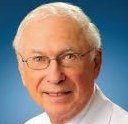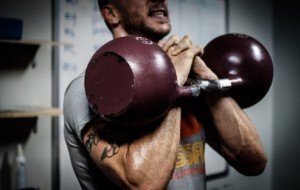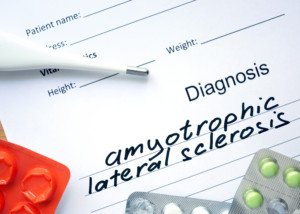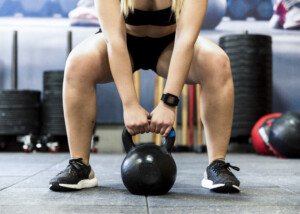Post-workout fatigue or soreness is normal, but what does it mean when a muscle starts twitching–the muscle you exercised in that workout?
Could this mean an early sign of something bad? Many workout enthusiasts wonder about this, especially if historically, they have not experienced twitching muscles following an exercise session.
A muscle twitch is actually a miniscule contraction of that muscle–and it’s involuntary. It can even have a rhythm to it.
Even though you may have just run 10 mph on a treadmill or completed an hour’s worth of heavy compound weightlifting, the twitching muscle has you concerned — it just won’t let up.
You wonder if this can mean the earliest sign of a neurological disease. A twitch is called a fasciculation.
Any muscle can be affected, from the biggest ones in your body (gluteus maximus, quads, hams, lats) to the tiniest ones (pinkie, above the lip, eyelid).
Post-workout muscle twitching is actually quite common.
It’s happened to me several times.
• Quad twitch all evening following high intensity interval training on the revolving staircase (years ago, and I’m doing just fine still!)
• Visible chest twich (several inches long) across upper chest muscle after doing pull-ups (again, years ago, and I’m still going strong!).
• Numerous twitches all over the legs after a hard hike.
So if you’re worried about muscles that twitch after you’ve exercised them, here’s something to consider:
After an intense workout, the muscle has been stressed. Muscle tissue can get excited from the lactic acid and free-radical buildup that’s caused by a hard workout.
This in particular happens to runners, but those who lift weights hard and intensely can also experience this.
Can muscle twitches after a workout be a sign of something more serious?
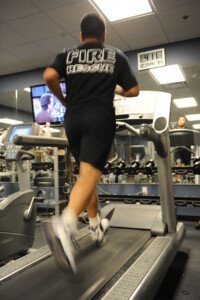
Have you ever noticed that your post-workout twitching occurs only when you’re at rest? It stops when you start moving around, right?
This is typical of the benign post-workout muscle twitching. Want it to stop? Start moving that area of the body.
“Usually, purposeful movement of a skeletal muscle causes fasciculations to stop right then and there, but they might resume once the muscle is at rest again,” says Morton Tavel, MD, Clinical Professor Emeritus of Medicine, Indiana University School of Medicine, and author of “Health Tips, Myths and Tricks: A Physician’s Advice.”
Prevention of Twitching Muscles Following Exercise
• Keep well-hydrated
• Consume magnesium citrate powder after workouts to help restore the magnesium that’s lost through sweat.
Magnesium helps keep muscles relaxed rather than prone to spasming.
• Eat plenty of fruits and vegetables, as these contain antioxidants which will oppose the free radicals formed from exercise.
Here is an explanation by Dr. Kevin Plancher, MD, for why muscles twitch after working out.
